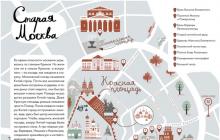Every year more and more travelers decide that they will spend their next vacation in a personal car. The advantages, it would seem, are obvious: savings on tickets, the ability to see exactly what you want, a spacious trunk that allows you to take everything you need with you. Is there any disadvantages to such a pastime - Arrivo's editors figured out the issue.
The main
In order for the car tour not to end in the first few days, you need to follow the basic rules. There must be at least two experienced drivers in the car and no more than four people, as the level of comfort will suffer otherwise. When planning a travel route, it is worth setting aside a day for force majeure and rest.
While enjoying the quality of the roads, don't forget about speed limits and traffic police. The amount of fines in many countries significantly exceeds the Russian ones, while on the spot only fines of less than 150 € can be paid. It is forbidden to "blink" the headlights and for this, as well as for sound signals in non-emergency situations, they can be fined.
Departing, check the documents several times: it is better to smuggle extra certificates than to be deployed at the border.
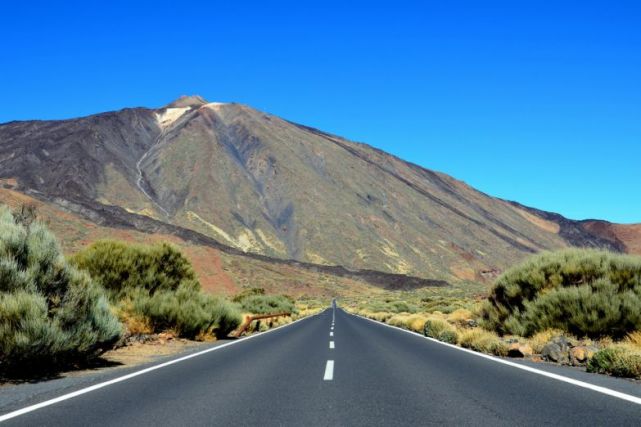
What to take with you
If you are going on a long (more than six hours) trip by car, you should divide your luggage into your own and car luggage.
The first should include personal items and clothing for the trip, food, a thermos with a hot drink and a supply of clean water, a first aid kit adapted to the needs of all passengers, a couple of pillows and blankets. It is advisable to pack all this in bags and put it in the trunk, and put the food in a portable refrigerator, leaving in the cabin only what you need several times for the trip.
The second should include the minimum set of tools, a pump, a jack, a spare wheel, a cable, a starting device for a battery, car oil and a windshield wiper.
If you plan to cook your own food, bring a gas burner, a set of dishes and dish soap.
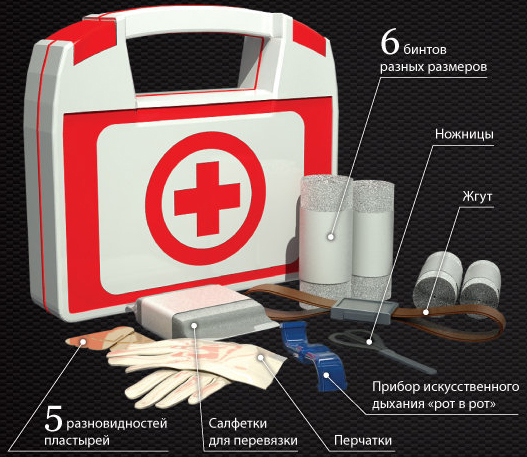
Traveling with children
If you are traveling with a child, you need the same set of documents as for a regular trip abroad. In addition, the car should be equipped with a child seat, and the luggage should include a car feeding table, a potty and a few new toys that will keep him busy during the trip.
You should not put the baby by the window and focus his attention on the rapidly changing landscape - the child may be seasick.
![]()
Crossing borders
In order to cross the border, you will need an international car license, a passport with a visa, a green card (car insurance valid in other countries).
The necessary rights are registered at the traffic police at the place of residence, a green card is bought at any insurance company, including at numerous kiosks in front of the border, and costs 50 € for 1 month (issued for a period of 15 days to a year).
To obtain a visa, you must submit a complete set of documents to the embassy of the country, and instead of booking tickets, attach the itinerary of your trip with marks of accommodation. In cities where stops are planned, hotel or hostel reservations must be made.
Customs officers of the EU countries, in addition to a set of documents for a car and visas, may require a certificate of an accident if the car has external damage, so it is better to get the necessary papers in advance.
In addition, it is worth remembering that tinted or damaged glass, studded tires and "anti-radar" are strictly prohibited. All passengers and the driver must have reflective vests and get out of the car (even at the request of a police officer) only when wearing them. The fire extinguisher and first aid kit must be no more than six months old, and a RUS sticker is required on the rear window.
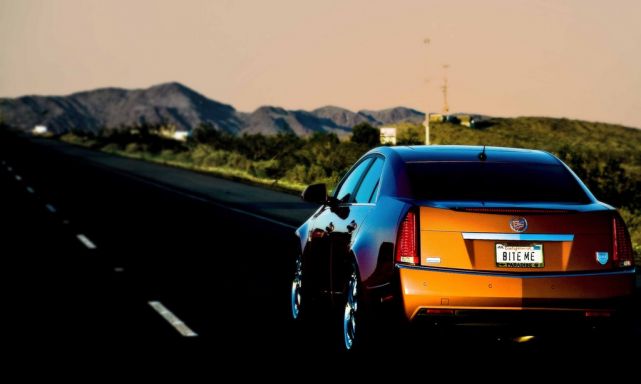
Possible difficulties
In case you got into an accident or something happened to the car, there are telephones along the highways that allow you to contact the rescue service. Call them, explain the problem and wait for the necessary service to help you.
For those who do not trust the navigator and are afraid of getting lost, there is a stand with free maps of the area in every roadside cafe and at gas stations.
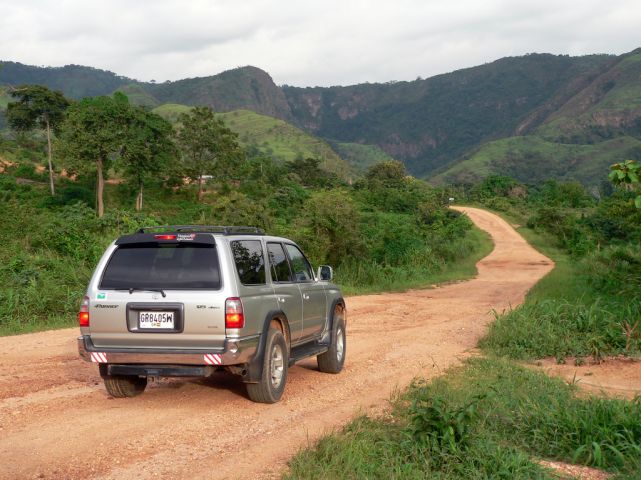
- Before traveling to another country, you must familiarize yourself with the features of traffic rules.
- Even if the pedestrian is just standing by the side of the road, you need to let him go.
- Most parking lots in Europe are paid.
- Most highways and tunnels are paid at kiosks at the entrance and exit.
- You can use a mobile phone only if you have a headset, and the device itself must be fixed on the dashboard.
- Even minor speeding can be punishable by serious fines.
- Traffic police officers often turn a blind eye to small missteps of tourists, but never try to offer them a "peaceful solution to the issue" - the attitude to this article of the Criminal Code is extremely negative all over the world.



